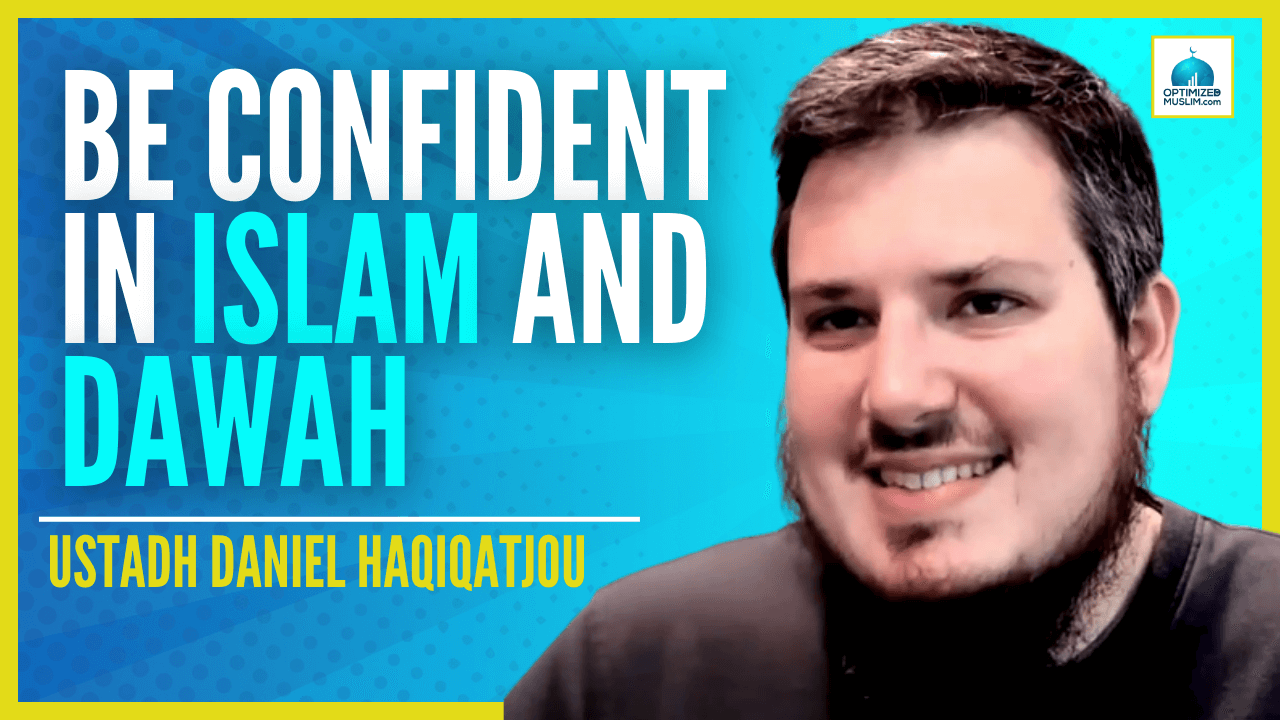We have all heard the Islamic guidance about the importance of being mindful of our company and those we associate with. I have reproduced just one such example below:
‘The example of a good pious companion and an evil one is that of a person carrying musk and another blowing a pair of bellows. The one who is carrying musk will either give you some perfume as a present, or you will buy some from him, or you will get a good smell from him, but the one who is blowing a pair of bellows will either burn your clothes or you will get a bad smell from him.” [Sahih Al Bukhari]
However, very few people actually are mindful of this. Very few people are mindful enough to consciously connect or disconnect from people with this underlying thought motivating their decisions. One of the main reasons is that it involves discomfort of some sort and people prefer the comfort of the status quo. As a Muslim seeking to improve in the key areas of life, this “discomfort” is exactly what is needed. A boldness and a certain kind of conviction in order to bring about change. This means accepting that some people you previously spent time with may well find your behaviour odd or strange but in the long scheme of things – living as a better Muslim and trying to attain paradise – it really is “minor”.
Many a time an individual decides to become “practising” only to be dragged back down within a few weeks or months simply because they did not upgrade their social circle alongside upgrading their religious practice. If anyone is in doubt as to the effects of company – and by company here I am referring to both offline and online company – on an individual’s thoughts, actions, habits, personality and identity, please Google the topic and study the psychology of social influence.
We complain about lack of concentration in prayer, for example, or lack of motivation to pray, yet if we were to conduct an information audit of all that we have consumed just within the last 24 hours, we would quickly realise that our daily information diet of needless browsing, superficial conversation and entertainment is not conducive to spiritual development, or generally any kind of development.
The practical point behind these thoughts, however, is that I recently heard a quote along the lines of:
“Every person we interact with is either an example of how to be, or they are a warning of how not to be.”
You can further divide this into:
“Every person you interact with is either an example of how to be (within a certain sphere), or they are a warning of how not to be (within a certain sphere).
This further division helps in allowing you to take benefits and lessons from a wide range of people, Muslim or non-Muslim. A non-Muslim business owner with a turnover of millions, who works 18 hours a day may teach you something about drive and determination on the one hand but the perils of a lack of balance or spirituality on the other. A diligent cleaner with a positive outlook may teach you about paying attention to detail and gratitude. I could list further examples but if we each apply this line of thought to people in our lives, you will see the practical implications yourself.










